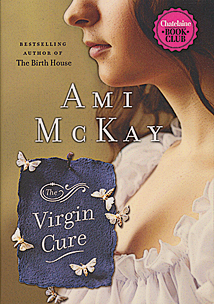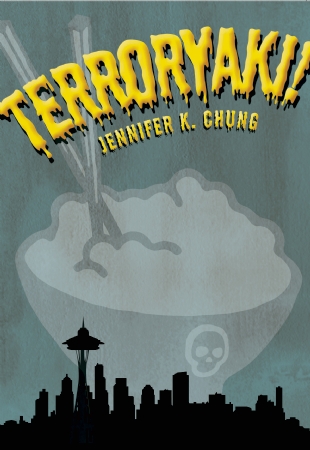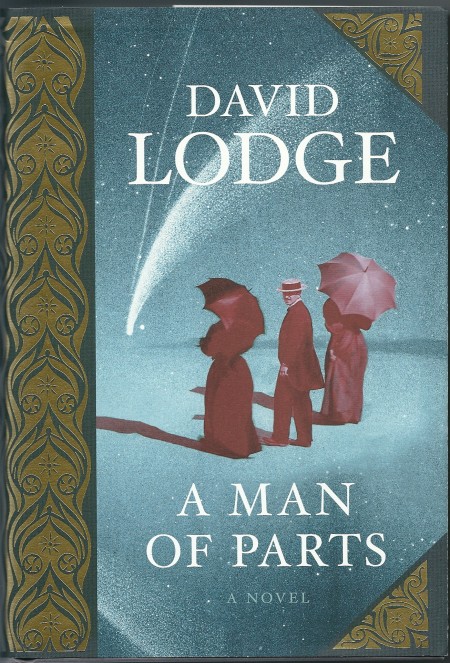
One of my favourite books ever is The British Museum is Falling Down by David Lodge. It is one of the few books that I have read and re-read without eventually abandoning. I find the novel immensely satisfying and there are parts I laugh at each time. I have tried repeatedly to recreate that reading experience with Lodge’s other titles unsuccessfully, though I certainly haven’t explored his full repertoire.
Lodge’s latest work, A Man of Parts is a hefty tome of 565 pages. I was undeterred and selected this novel as one of my birthday gifts, even though I had to haul it all the way back from McNally Robinson in Winnipeg.
A Man of Parts is an homage to the late HG Wells, the English author (most well known for The War of the Worlds), futurist, essayist, historian, socialist and womanizer.
The book opens with a definition from Collins English Dictionary.
Quote: Parts PLURAL NOUN 1. Personal abilities or talents: a man of many parts. 2. short for private parts.
In many ways this novel is all about Wells’ private parts, both in his endowment and private life.
HG Wells (1866-1946) was born to a maid and shopkeeper. His childhood was one of poverty, but at an early age he was an avid reader and through a series of fortunate events was able to pretty much avoid practical employment (in the drapery business) and instead enter a scholastic track, leading to teaching and writing.
He married his cousin Isabel Mary only to divorce her four years later to marry one of his students, Amy Catherine, who he renamed Jane. With Jane, he developed into the writer and man more familiar to us, and fathered George Philip (Gip) and Frank, along with a daughter Anna Jane (with writer and student Amber Reeves) and a son Anthony (with feminist and journalist Rebecca West). Jane was quite patient.
A Man of Parts is basically the X-Rated version of The Sound of Music.
Wells is a well-respected man and active socialist. He joins the Fabians in hopes of propelling a socialist agenda, only to be disappointed by their internal politics. These are Edwardian men. Father knows best men. Mother runs the house without any hardship to Father. His shirts are pressed and cleaned by invisible fairies. His breakfast is delivered at the perfect temperature with eggs done exactly as he likes them. Mother’s bed is available to him but they sleep in separate beds, less for chaste reasons than so as to not disturb each other. And the children all play nicely while Mother calmly and with great accommodation ignores (and even offers advice on) Father’s indiscretions.
Nearly everything that happens in A Man of Parts is based on factual sources. “Based on” being the novelistic need to infer and form a narrative arch. Or as Lodge says in the introduction, “I have imagined many circumstantial details which history omitted to record.” With this literary licence Lodge delivers HG Wells, a man of many abilities, and certainly one invested in the talents of satisfying his admirers.
Before reading the novel, I really only knew Wells as one of the fathers of science fiction, War of the Worlds being considered a masterpiece that inspired the genre. But I didn’t realize how much his novels at the time of publication foreshadowed the reality to come of robotics, World Wars, aviation and aerial bombings, chemical weapons, and nuclear power. Nor did I know anything about his socialist inclinations and his aspirations for the League of Nations.
What was really intriguing is Lodge’s underlying story of Wells as an ailing man looking back on his life and wondering if his early success as a famous writer, “the man who invented tomorrow”, has just left him as yesterday’s man, a failed man; an author deserted by readers, a man whose utopian dreams of a society without jealousy and open to free love are unrealized and unlikely.
Looking at Lodge’s list of fiction, literary criticism and essays, I wonder if, like Wells, there is a ting of autobiographical exploration of emotions here.
A Man of Parts by David Lodge
Published by Harvill Secker
See what the Guardian has to say…












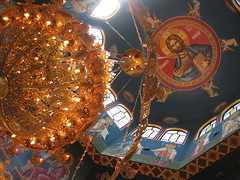
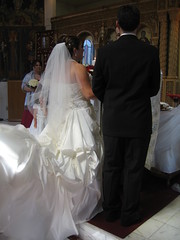
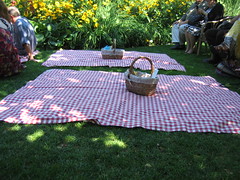




















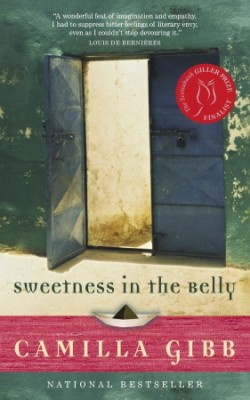


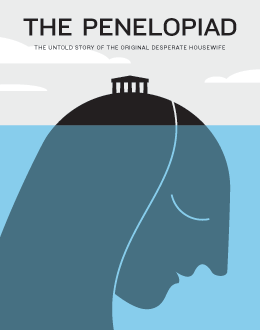
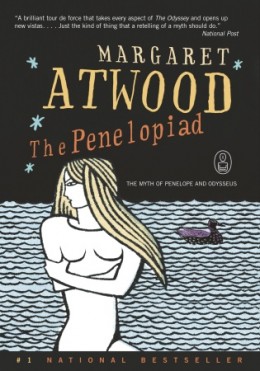
.jpg)



